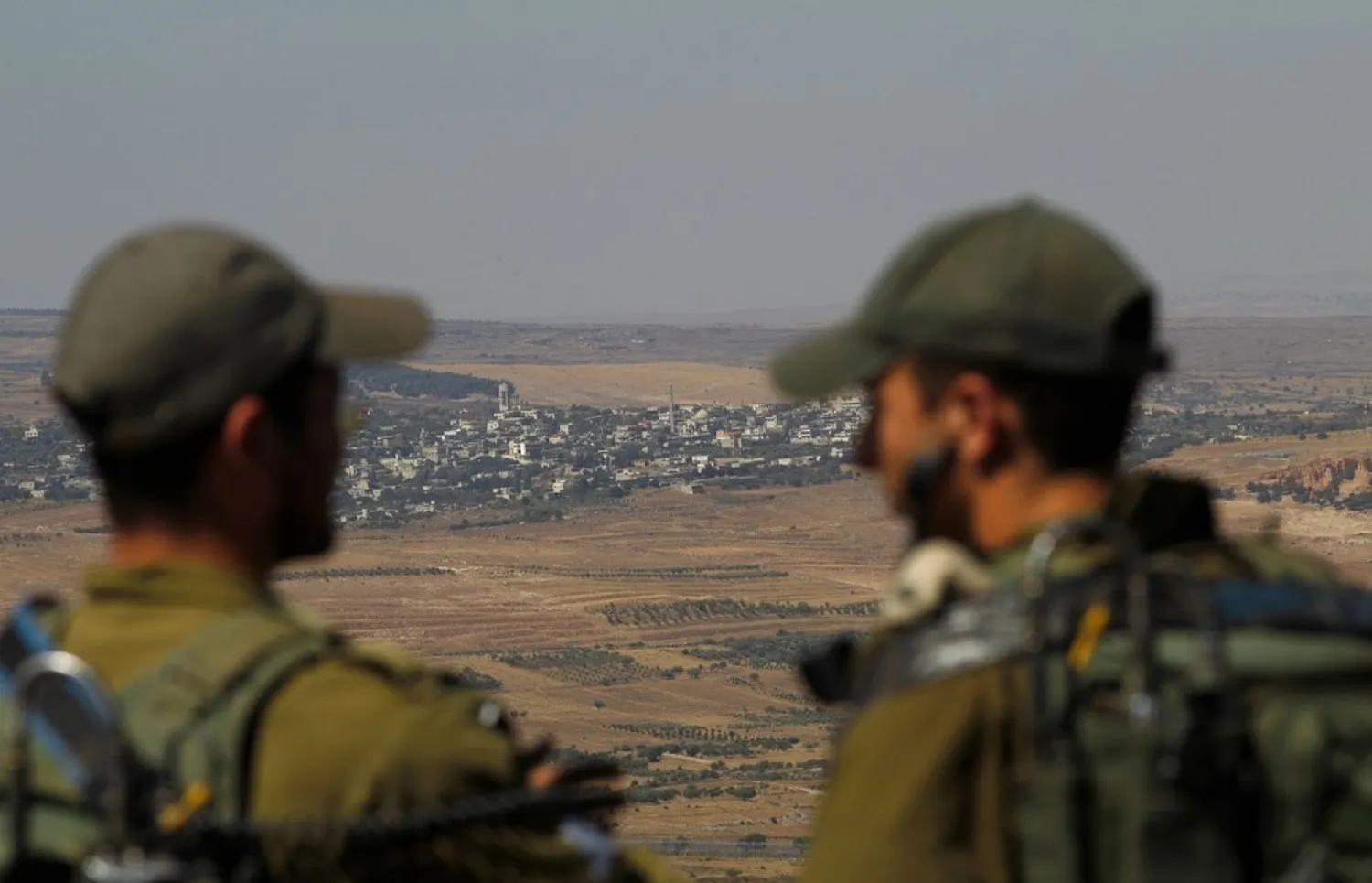Iran has started to withdraw its forces from Syria, Israel's outgoing defense minister said on Monday, without offering any evidence to support his assertion.
Naftali Bennett also urged his successor, Benny Gantz, to maintain pressure on Iran, adding that the trend might otherwise reverse.
Iran has been a key supporter, along with Russia, of Bashar Assad’s regime during Syria's war, sending military advisers as well as material and regional militias that it backs.
Israel, which monitors neighboring Syria intensively, has carried out hundreds of air strikes in Syria targeting suspected arms and troop movements by Iran and the Lebanese Hezbollah party it sponsors.
"Iran is significantly reducing the scope of its forces in Syria and even evacuating a number of bases," said Bennett in his valedictory address.
"Though Iran has begun the withdrawal process from Syria, we need to complete the work. It's in reach."
Israeli officials have suggested in the past that Israel's military operations were showing signs of success.
Iran, which is struggling economically under the burden of US sanctions and has also been hit hard by the coronavirus pandemic, has repeatedly said its military presence in Syria is at the invitation of Assad's regime and that it will remain in Syria as long as its help is needed.
A senior aide to Iran's foreign minister, Ali-Ashgar Khaji, reiterated on Saturday that Tehran would continue working closely with the regime and Russia to combat terrorism and find a political solution to the Syrian crisis, Iran's ISNA news agency reported.
Bennett held the position of Israeli defense minister for about half a year.
His successor, Gantz, a former armed forces chief and leader of the centrist Blue and White Party, has formed a unity government with Prime Minister Benjamin Netanyahu, which took office on Sunday.









